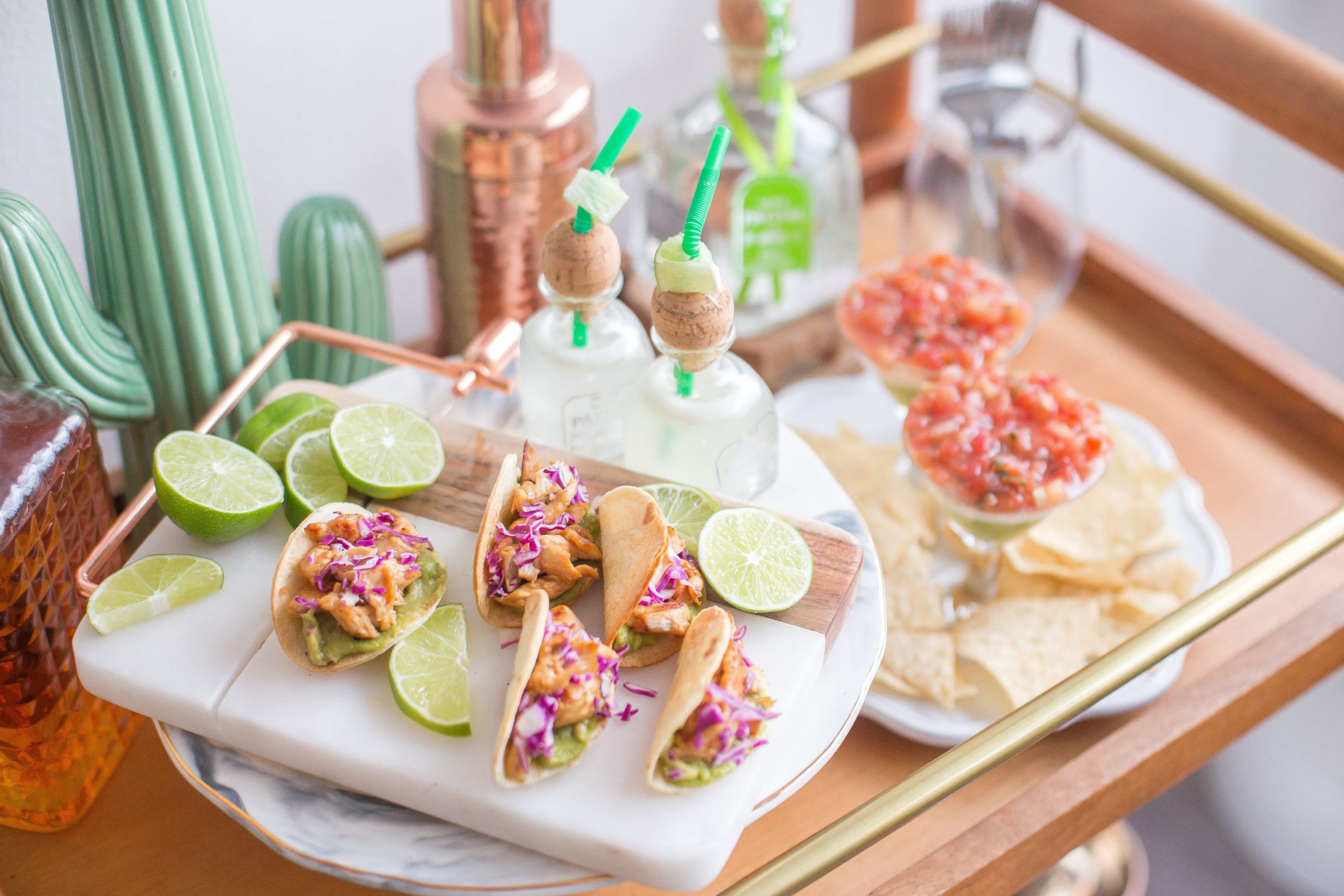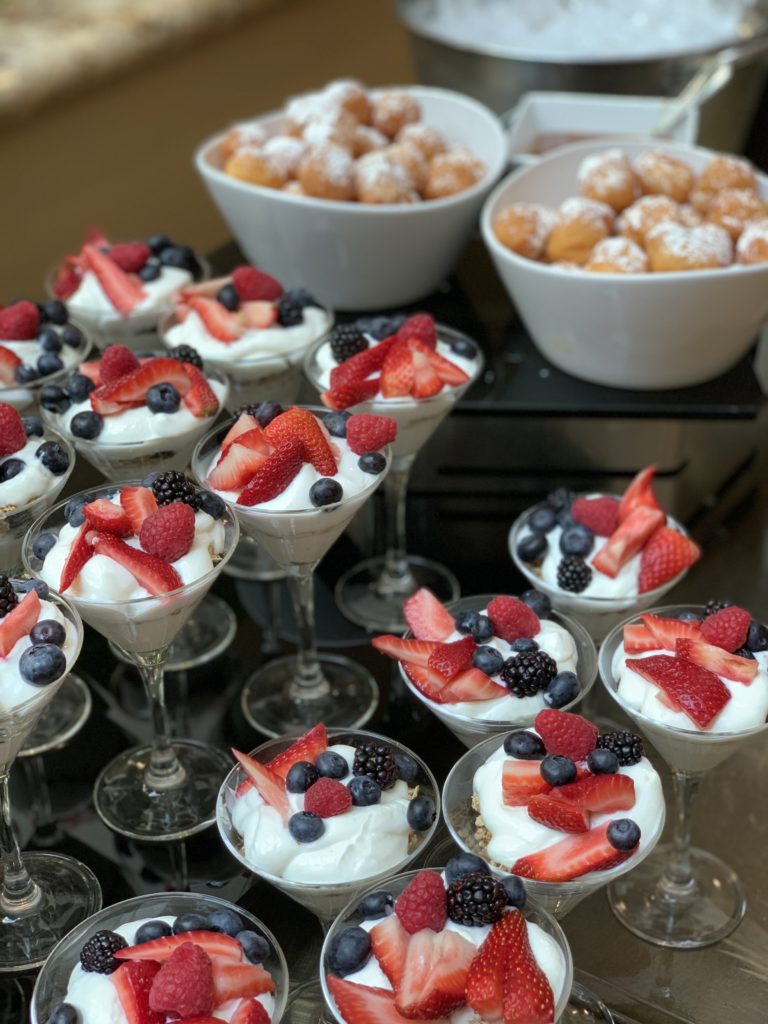
5 Ways To Create An Inclusive F&B Experience
November 19, 2019
Planning for dietary needs has become the new normal. Not only are dietary restrictions becoming more and more common, but in 2018 the ADA was amended to include food allergies as a protected disability under the ADA. Just as you ask registrants if they have any special needs when they register, you should ask them if they have a food allergy so that you can make reasonable accommodations for them.
Accommodating a variety of food restrictions is a good idea not only because it’s the law. Providing options for a variety of restrictions and preferences allows for an inclusive food experience for all attendees to feel welcome and to boost their attendee experience. Food brings people together, and it can shape our memories and experiences.
Provide a variety of foods
It’s too tempting just to throw in a side salad for the vegetarians/vegans/gluten-free folks and call it good. It’s not. Make sure that there are attractive options for all and that your folks with restrictions don’t feel like second-class citizens. There are plenty of delicious, filling options for all types of eaters. Look at the menu from the eyes of those with restrictions. If you had that dietary restriction, would you be happy with the choices presented to you?
Clearly label ingredients
This is the easiest way to ensure that needs are met. If possible, have the catering staff label the ingredients (what’s in the food) as well as the restriction (what’s NOT in the food). That will ensure that people with lesser known allergies can determine if the food is appropriate for them.
And, make sure that the staff know the needs of your group. I can’t tell you how many times I’ve asked whether a meal gluten-free, for example, and the staff has no idea what that even is.
Remember religious needs
This cheat sheet of religious dietary restrictions is helpful. Check the dates to see what religious holidays may fall during your meeting, as they could make a big impact on food choices. For example, practicing Catholics don’t eat meat on Fridays during Lent, and during Diwali, many Hindus fast.
Make It Healthy
Oh, those afternoon cookies and brownies. I’ve always wondered why this seems perfectly acceptable at an event, when most people wouldn’t think of doing it at home. I admit, I sometimes serve cookies and brownies during an afternoon break. It’s popular, and oftentimes an affordable option. However, I really do try to remember to serve up some healthy options that includes some brain food, so that the attendees don’t fall into the dreaded food coma in the afternoon. At a recent event I served yogurt parfaits with greek yogurt, house-made granola, and fresh berries. An attendee came up to the table, grabbed one and said, “Thank you, this is is exactly what I needed.” Yes!

Non-alcoholic options besides water
If you’re hosting an evening reception, consider offering attractive non-alcoholic options to those who choose not to partake. Sure, you can provide water and sodas. However, if you can, try providing a fresh and tasty mocktail. I have often turned to alcoholic drinks when I didn’t need them, just because I wanted something tastier than water or juice.
If you are providing cocktails, consider providing a signature mocktail for your non-drinkers. This will help make sure that everyone can enjoy the party and feels included.
If you’re looking for more resources on this topic, check out Thrive Meetings, which has a huge amount of resources on dietary restrictions.
Bon Appetit!
PLEASE COMMENT BELOW